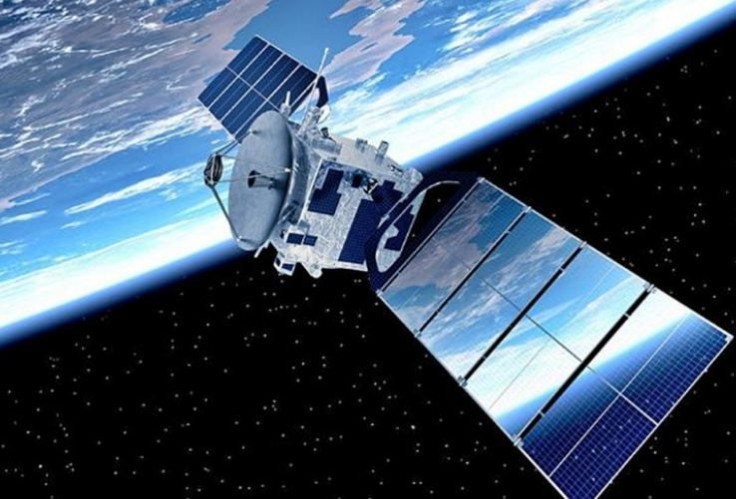Clock-Like Particles Could Help Scientists Understand The Universe Before Big Bang

Several theories have tried to explain how the universe came to be, but now scientists suggest that using a clock-like approach may provide more clarity on the issue.
The paper "Unique Fingerprints of Alternatives to Inflation in the Primordial Power Spectrum" proposes looking for clock-like particles to possibly come up with a timeline of "events" to explain why the universe is like what it is now.
According to Zhong-Zhi of Harvard University and the study's co-author, the key to testing out the theories is to check how the universe behaves within these cosmological models. Should there be a primordial universe before our own, then basic understanding of physics will tell us that there should be massive particles that oscillated at a regular frequency much like how the pendulum of a clock swings back and forth.
Study lead author Xingang Chen of Harvard University said that if we try to think of all the information that was discovered about the events before the Big Bang as a roll of film, then taking on a clock-like approach should give an idea on how they should play out.
Likewise, these "primordial standard clocks" fluctuations should have cropped up as "tiny irregularities in the density of matter on minuscule scales" becoming the foundation of our universe. If there is a primordial universe then it might be possible to detect ticking primordial standard clocks in the current structure of the universe.
Presently, inflation is the prevailing theory explaining the first few moments of the universe. According to this theory, the cosmos went through a significant burst of expansion (inflation) which allowed space to expand faster than the speed of light. Inflation can help explain several mysteries about the evolution and structure of the cosmos. It can also explain why the universe looks similarly in every direction as though it has been evened out.
Avi Loeb, chair of astronomy at Harvard University and co-author of the study, said that there must be "unlikely starting conditions for the universe and that increasingly contrived models are needed for inflation to explain the latest data on the cosmic microwave background radiation."
Loeb explained how inflation's most natural plausible models have already been ruled out. The scientist added that it is a bit worrisome how flexible the theory of inflation is that it can accommodate every possible scenario. Another cosmological model claims that a "Big Bounce" gave birth to the cosmos. The new clock-like approach intends to help differentiate which could be false among the theories.
© Copyright IBTimes 2024. All rights reserved.





















